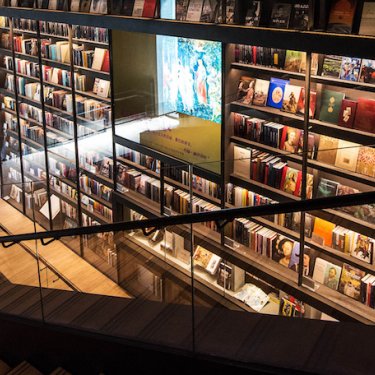China censors British academic publisher

Reporters Without Borders (RSF) condemns the Chinese government’s censorship of academic journals that the British publishing house Taylor & Francis provides to Chinese libraries.
Taylor & Francis, whose publications include the Asian Studies Review, confirmed on 20 December that its Chinese importer, a government offshoot, decided in September to block 83 of the 1,466 academic journals to which Taylor & Francis provides access in China.
The British publishing house did not name the censored journals, but they probably address subjects that are routine censored by the Chinese authorities, such as the contemporary history of China, Taiwan and Tibet, human rights and civil rights.
“This latest act of censorship shows how President Xi Jinping is implementing a policy of total information control to secure his hold on power,” said Cédric Alviani, the head of RSF’s East Asia bureau. “After gagging journalists, bloggers and Internet uses, the regime is now targeting academic journals whose findings contradict its simplistic rhetoric."
The German publishing house Springer Nature, which owns the science magazines Nature and Scientific American, as well as the Journal of Chinese Political Science and the publishing house Palgrave Macmillan, confirmed in November 2017 that the Chinese authorities had forced it to block online access to around 1% of its articles within China.
Three months before that, the Cambridge University Press, another respected academic publishing house, reported that, at the Chinese authorities’ request, it was blocking access within China to 300 articles in the online archives of its China Quarterly journal. In response to the ensuing outcry, the CUP restored access.
China is ranked 176th out of 180 countries in RSF’s 2018 World Press Freedom Index.



